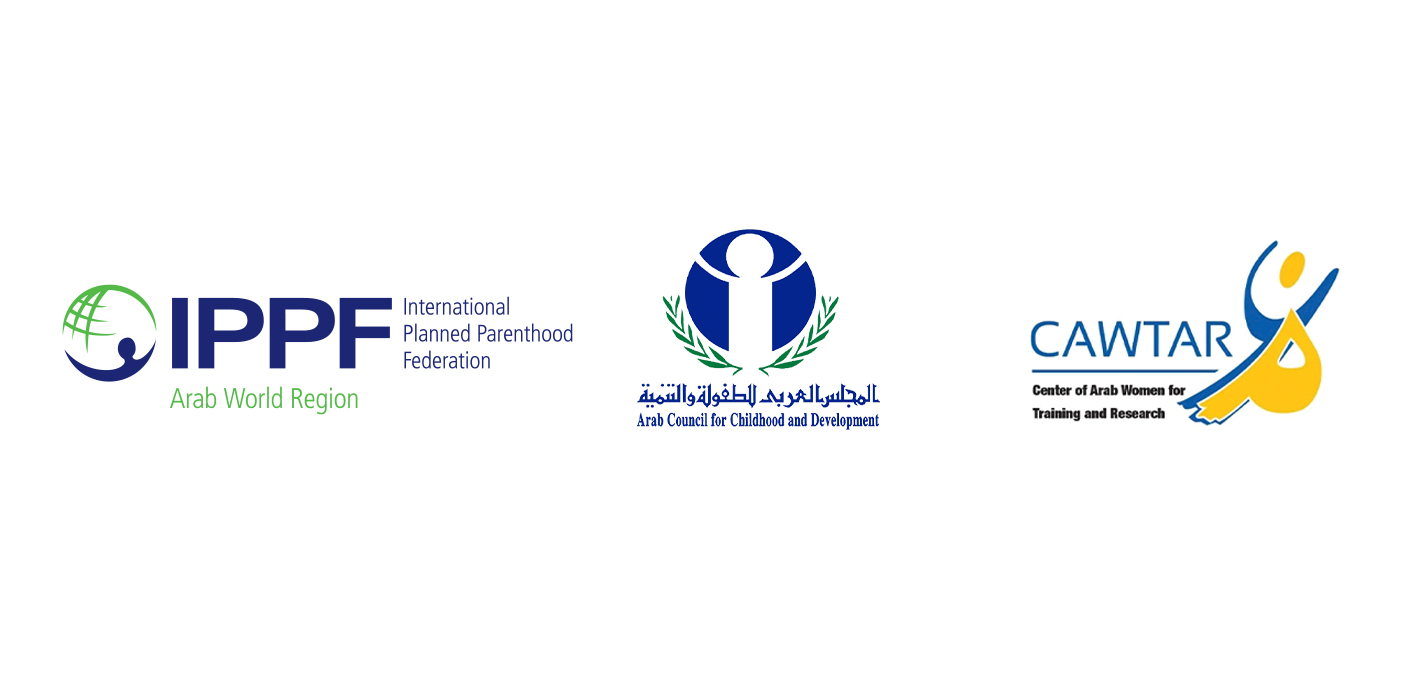On the International Day of Zero Tolerance for Female Genital Mutilation
Boys and men are the crucial agents of change to end the FGM in the Arab region

Joint statement issued by the Center of Arab Women for Training and Research (CAWTAR), the International Planned Parenthood Federation – Arab World Regional Office (IPPF) and the Arab Council for Childhood and Development (ACCD) on the International Day of Zero Tolerance for Female Genital Mutilation (FGM) observed every year on 6 February.
February 6 marks the International Day of Zero Tolerance for Female Genital Mutilation (FGM), highlighting the vital role that men and boys play in combating this destructive phenomenon, which constitutes a violation of human rights. The efforts to combat FGM continue in several Arab countries, including Egypt, Sudan, Mauritania, Yemen, Iraq, Djibouti and Somalia, however, the role of men and boys remains pivotal in achieving the desired change.
Recent studies indicate that men, whether as fathers, husbands, grandfathers, or brothers, are significantly involved in decision-making regarding FGM. Therefore, actively involving them in the efforts to eradicate FGM is a crucial step. For example, in Egypt, researches have shown that men can be strong allies in this effort if provided with accurate information about the physical and psychological harms of the FGM.
In Sudan, studies reveal that 64% of men do not support FGM, which provides an opportunity to motivate this group to take a leading role in changing social attitudes and eradicating FGM. Moreover, involving men and boys in addressing this issue represents a genuine opportunity to raise community awareness about the harmful health consequences and long-term psychological and social effects of FGM.
In Mauritania, the National Human Rights Strategy, recently adopted by the government, involves youth in efforts to eliminate FGM. Furthermore, the government is strengthening legislation and awareness campaigns. These initiatives target all segments of society, with a particular focus on men and boys, because their involvement will contribute to the necessary social change to achieve sustainable development.
In Yemen, it has become evident that engaging men and boys in efforts to end FGM is a critical step for sustainable progress. Community initiatives, involving collaboration with religious leaders and local authorities, have enabled some areas in Yemen to begin eliminating this harmful practice.
In the Kurdistan region of Iraq, the government and civil society organizations are working to end FGM, and involving men and boys is an essential part of this campaign. Studies have shown that men's support and awareness of the harmful effects of FGM can significantly contribute to its decline.
Achieving the desired change requires men and boys to lead the efforts to end FGM, whether at the family or community level. Their involvement in raising awareness, supporting anti-FGM initiatives, and influencing family decisions will be decisive in eliminating FGM by 2030.
On the International Day of Zero Tolerance for FGM, we urge all men and boys in the Arab region to actively participate in these efforts, and to engage effectively in safeguarding the rights of women and girls, ensuring their physical and psychological well-being.
Date: February 5, 2025



